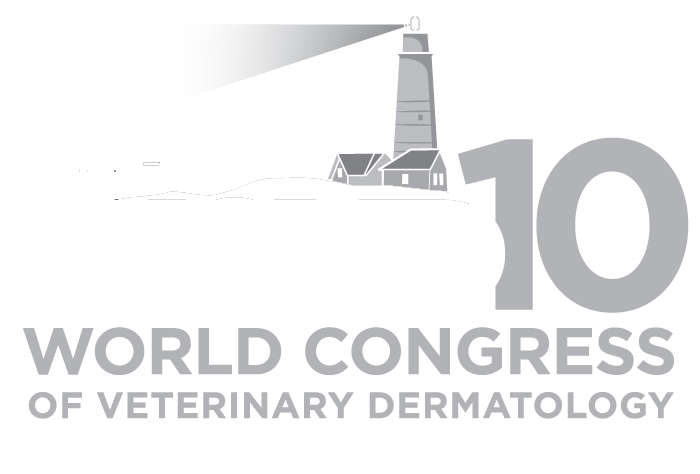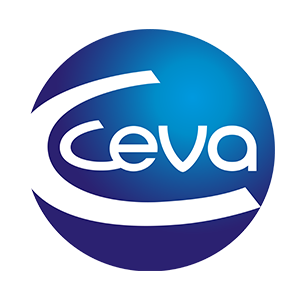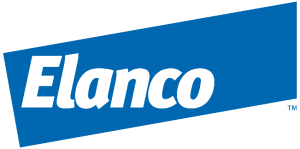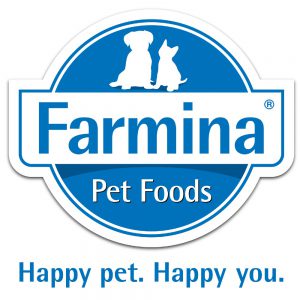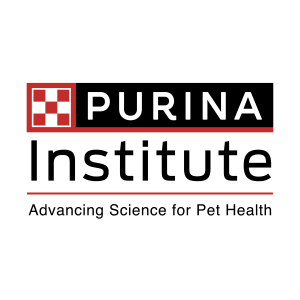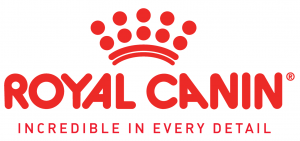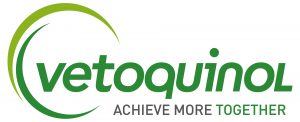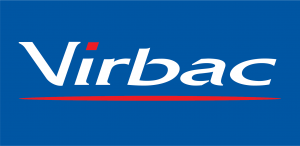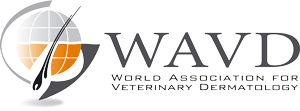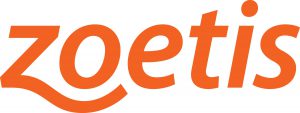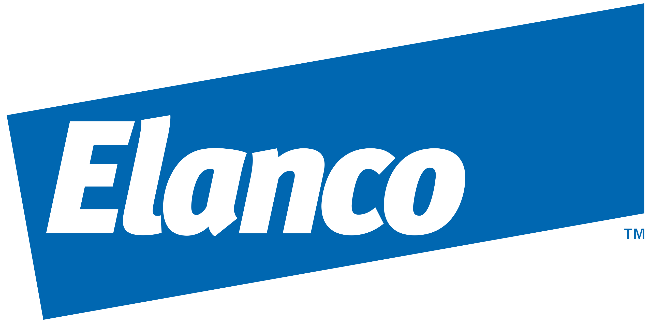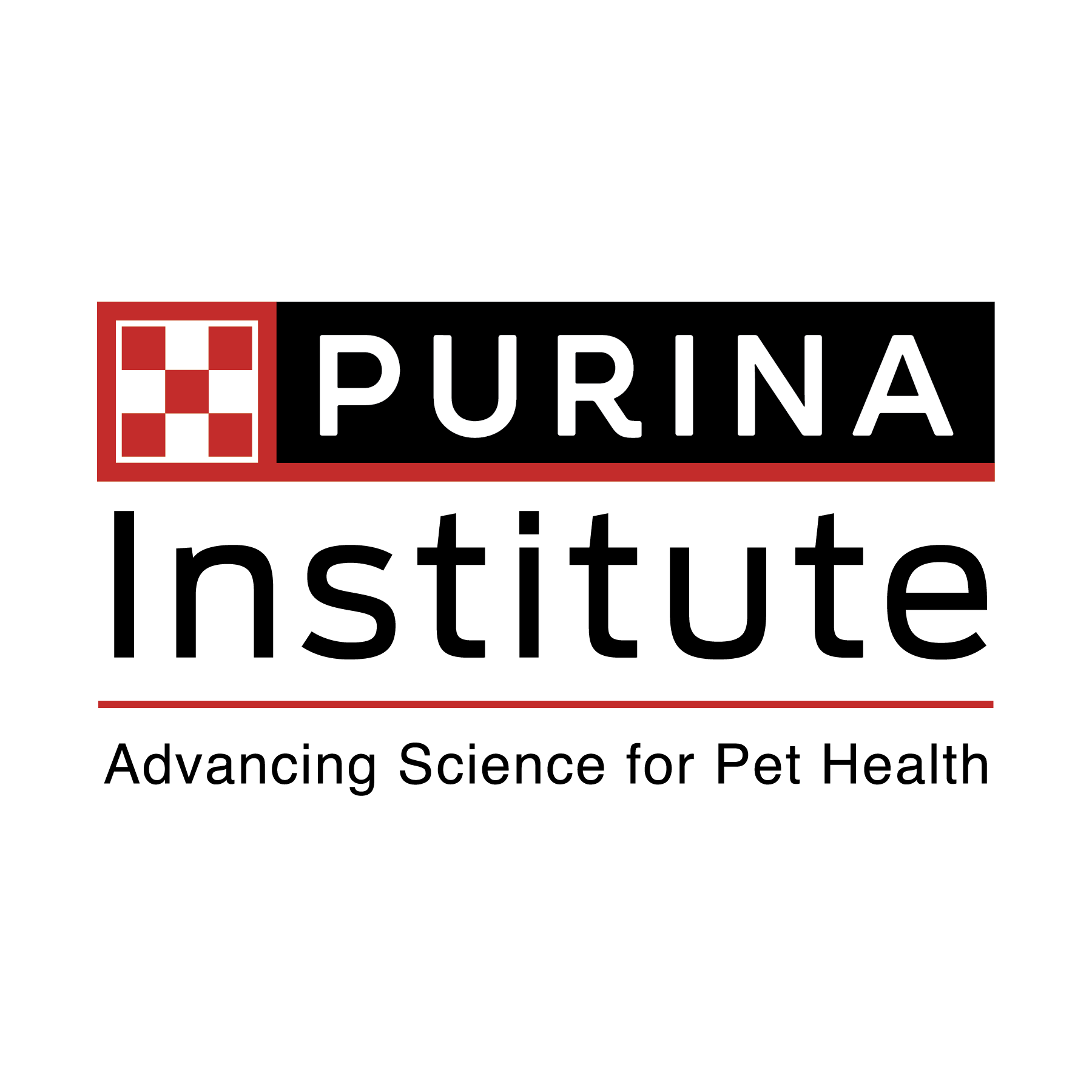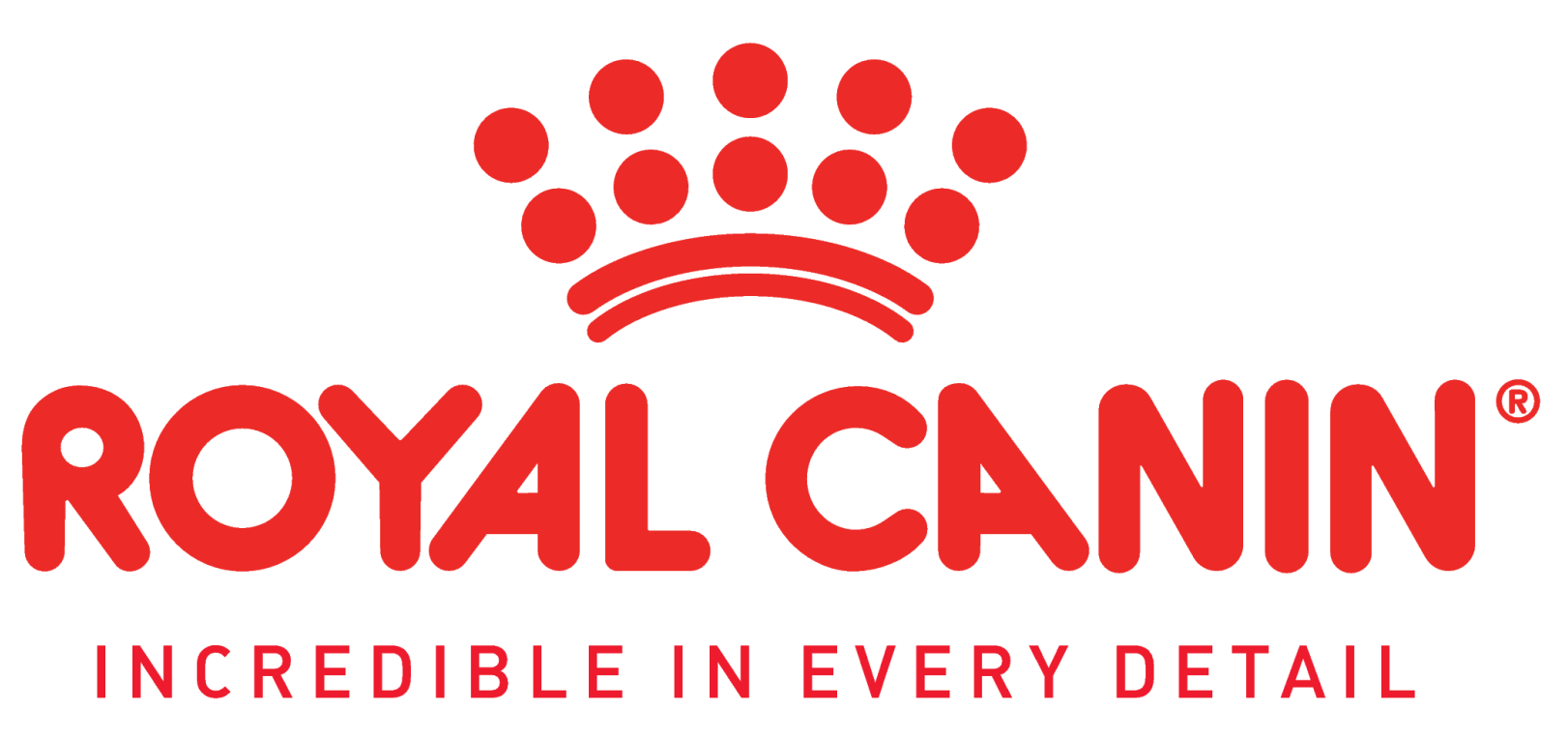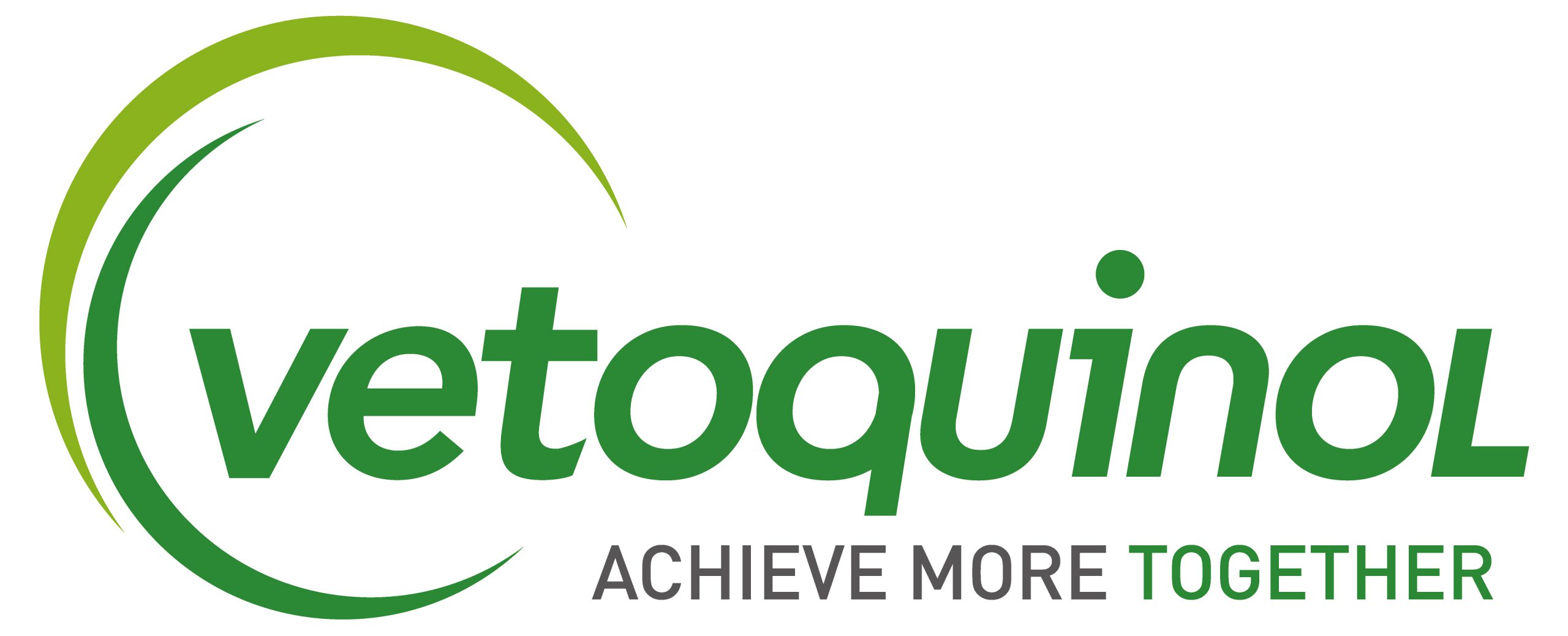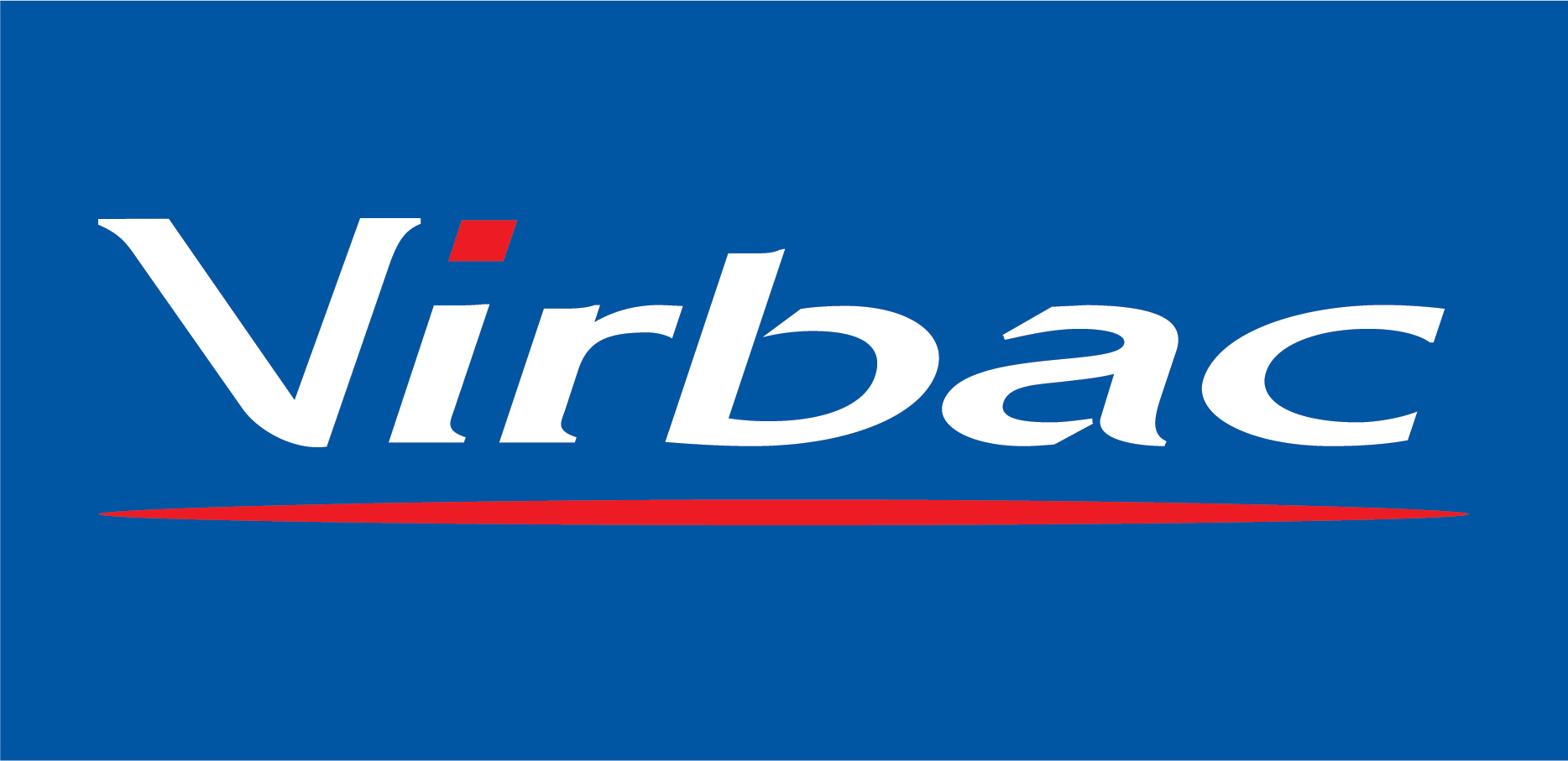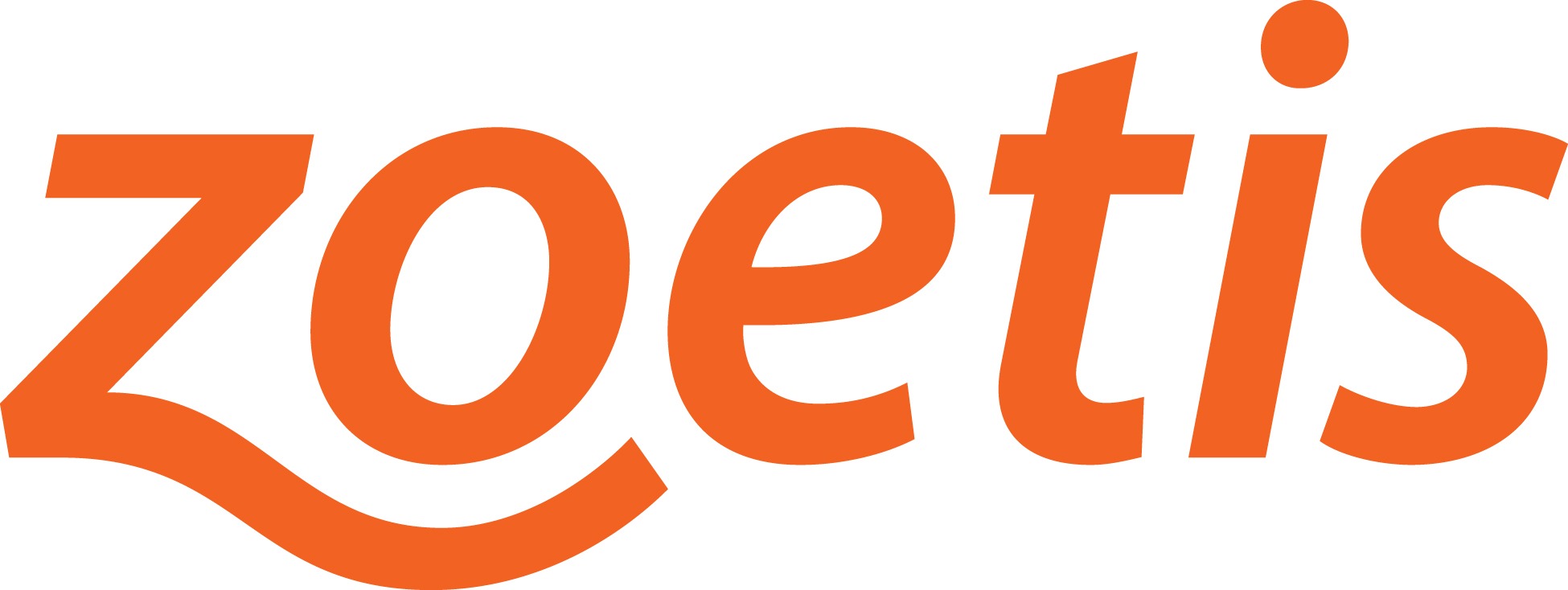International Travel to Boston
WCVD10 and the Congress Secretariat cannot provide immigration advice and recommend that you contact the US State Department with any questions pertaining to travel to the United States from your country.
International attendees that require a “Letter of Invitation” to help with obtaining a visa, can request that letter during the registration process. Once a registration is completed and we receive payment for that registration, the “Letter of Invitation” will be emailed to the delegate. Due to the slower processing time in obtaining visas, we strongly recommend that delegates should apply for a visa at least 3-4 months prior to the congress date.
If you need documentation before registration opens please contact our registration department at [email protected].
The type of visa you must obtain is defined by U.S. immigration law, and relates to the purpose of your travel. Please visit our Visa Wizard to find out what visa type is appropriate for you. You can also visit our Frequently Asked Questions or find out about the Visa Waiver Program. Other useful link: Visa Categories | Find a U.S. Embassy or Consulate | Glossary
Travel Documents: Travelers should have appropriate passports and any other associated travel documents ready when approaching a CBP officer for processing or visiting a foreign country. Find out more information about approved travel documents for entry into the U.S. as well as country specific information at getyouhome.gov and state.gov/travelers. Remember to carry these documents with you, do not pack them.
Familiarize yourself with Automated Passport Control (APC) and Mobile Passport Control: These two programs are making the entry process more efficient, intuitive and paperless for travelers. Learn which option works best for you and speed up your entry into the United States. APC expedites the entry process for most international travelers by allowing them to submit their biographic information and answers to inspection-related questions electronically at self-service kiosks located at 49 airports worldwide. At 23 U.S. airports, U.S. citizens and Canadian visitors can submit their passport information and answers to inspection-related questions to CBP via a smartphone or tablet app prior to arrival. Android or iPhone users can download the Mobile Passport app for free from the Google Play Store and Apple App Store.
Declare goods: Truthfully declare everything you are bringing from abroad including duty-free items. If duty is applicable, credit cards or cash payment in U.S. currency is acceptable.
Declare foods: Many agriculture products can bring damaging pests and diseases into the country. If you have questions about what food is allowed or not allowed in to the U.S. visit Home (cbp.gov) and remember don’t pack a pest!
Declare gifts: Gifts you bring back for your personal use must be declared, but you may include them in your personal exemption. This includes gifts people gave you while you were out of the country and gifts you have brought back for others.
Prohibited vs. Restricted: Know the difference prohibited merchandise (which is forbidden by law to enter the United States) and restricted merchandise (items needing special permit to be allowed into the United States). For more information, visit the Restricted/Prohibited section of the CBP website.
Traveling with medication: Travelers must declare all medicine and similar products when entering the United States. Prescription medications should be in their original containers with the doctor’s prescription printed on the container. It is advised that you travel with no more than personal use quantities, a rule of thumb is no more than a 90 day supply. If your medications or devices are not in their original containers, you must have a copy of your prescription with you or a letter from your doctor. A valid prescription or doctor’s note is required on all medication entering the U.S.
